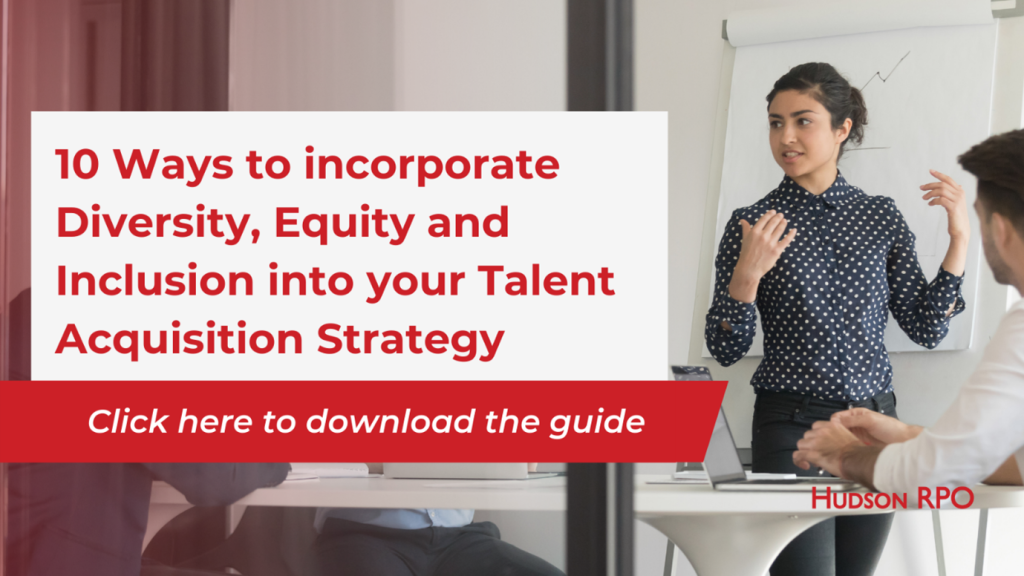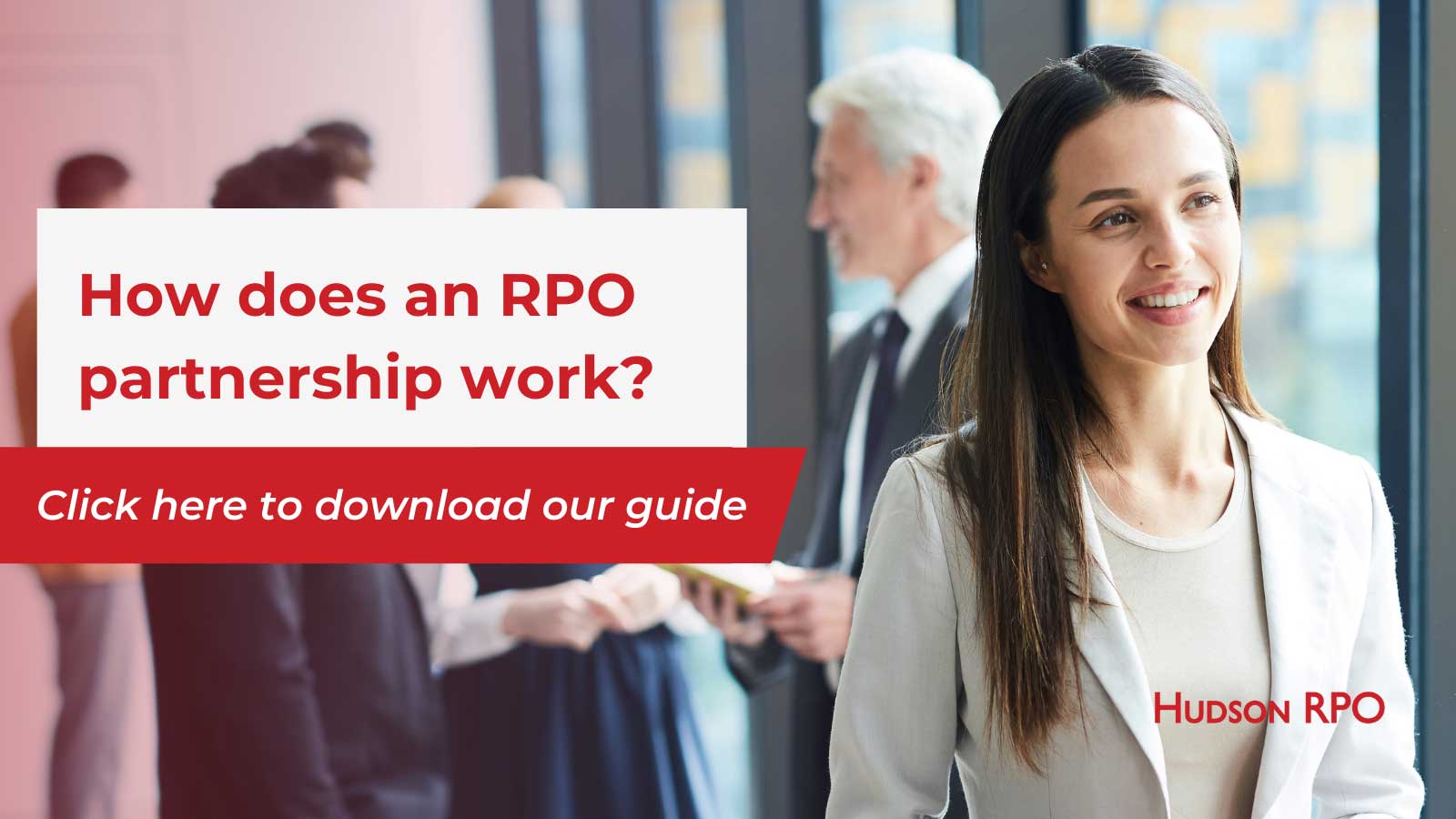- Blogs & Articles
Introducing the Hudson RPO Technology & Innovation Committee
At Hudson RPO, we consider recruitment technology vital to success when sourcing, engaging, and retaining top talent. A good technology solution underpins a robust recruitment process and can deliver improved candidate and hiring manager experiences. However, in a technology market that is constantly evolving, it can be hard to navigate which technology is best for the problem you are trying to solve. Our global technology and innovation committee is a team of experts from around the globe who work to monitor new technology entrants and compare the latest products and developments in the market so we can design a tailored technology solution mapped to the specific needs of our clients.
An evolving technology market
Based in our Americas region, Chris Brevik has been our Director of Technology Innovation since 2019. His advice for people who are looking at implementing new recruitment technology is to stay focused on the specific need of your business and the pain point you are trying to resolve:
“When recruitment technology is constantly evolving, it can be easy to get distracted by the new and latest technology. Filter down and stay focussed on what process you are trying to improve, and the pain points you are trying to resolve.”
He also recommends talking to technology vendors about short paid trials instead of making a long-term commitment. A trial period allows you the flexibility to quickly shift if the technology isn’t the right solution. But, of course, the technology you invest in should be the right one for your business and comparing them is worth the investment of your time. For example, in successful implementations of our technology stack, Chris has improved time-intensive processes like reference checking, ultimately allowing the recruitment team to focus on higher-value touchpoints within the recruitment process.
Implementing the right technology
Based in our Centre of Excellence in Edinburgh is George McRobbie, our Service Delivery Director. What he enjoys most about his role in the innovation and technology committee is having the opportunity to chat with clients on selecting the right technology and how technology can make a tangible, measurable difference in the recruitment space. In addition, George enjoys sharing his knowledge internally at Hudson RPO so our Recruiters can also keep abreast of what is happening in the tech space. He’s excited about the potential of AI in technology and the pace at which recruitment technology is developing.

“Without a proper change programme during implementation, even the best technology will not meet your minimal expectations.”
For those looking into recruitment technology, he recommends: “Finding and engaging the right technology is only half the battle. Without a proper change programme during implementation, even the best technology will not meet your minimal expectations. I would also try to remember that, chances are, if you are involved in this area, it’s likely you are quite technically minded and capable. However, you have to remember that your user groups are unlikely to be as technically advanced – make sure the technology is easy to use and speeds up a process. This will also help ensure swift adoption of the technology.”
Continuous improvement to technology solutions
Stephen Fitzgerald is the Director of Technology and Global Projects in our Asia Pacific region. He is accountable for designing technology solutions for clients and leading the technology functions across Hudson RPO operations. Stephen is passionate about helping clients to use technology to create value for their organization through automation of processes, data insights and artificial intelligence that can help reduce time to hire. Stephen’s advice is to always complete a thorough investigation into understanding what problem or problems need to be solved before considering the technology solution.

Determining success measures and KPI’s are critical in providing a baseline for ongoing reviews, seeing how the technology is performing and informing continuous improvement conversations. All of which is integral to ensuring your technology is being optimised and delivering results.
“It's not a typical system implementation, it is a series of transformative steps of which system implementation is just one. ”
As a trained project management professional, Stephen knows the value of a post-implementation review as part of any solution deploying new technology.
It’s an opportunity to capture learnings and embed a culture of continuous improvement, ensuring each system implementation is better than the last. As Stephen says, “It’s not just a typical system implementation, it is a series of transformative steps of which system implementation is just one”.
The best recruitment experience strikes a balance between technology efficiency while maintaining a human touch critical for candidate relationships. Our technology and innovation team of experts can help advise on your recruitment technology. We will continue to share our technology experts’ insights as part of the Hudson RPO technology series in the coming weeks. Would you like to start today? Click here to chat with one of our experts.

Hudson RPO
Content Team
The Hudson RPO Content Team is made up of experts within the Talent Acquisition industry across the Americas, EMEA and APAC regions. They provide educational and critical business insights in the form of research reports, articles, news, videos, podcasts, and more. The team ensures high-quality content that helps all readers make talent decisions with confidence.
Sign up to receive the latest recruitment insights and Hudson RPO news.













